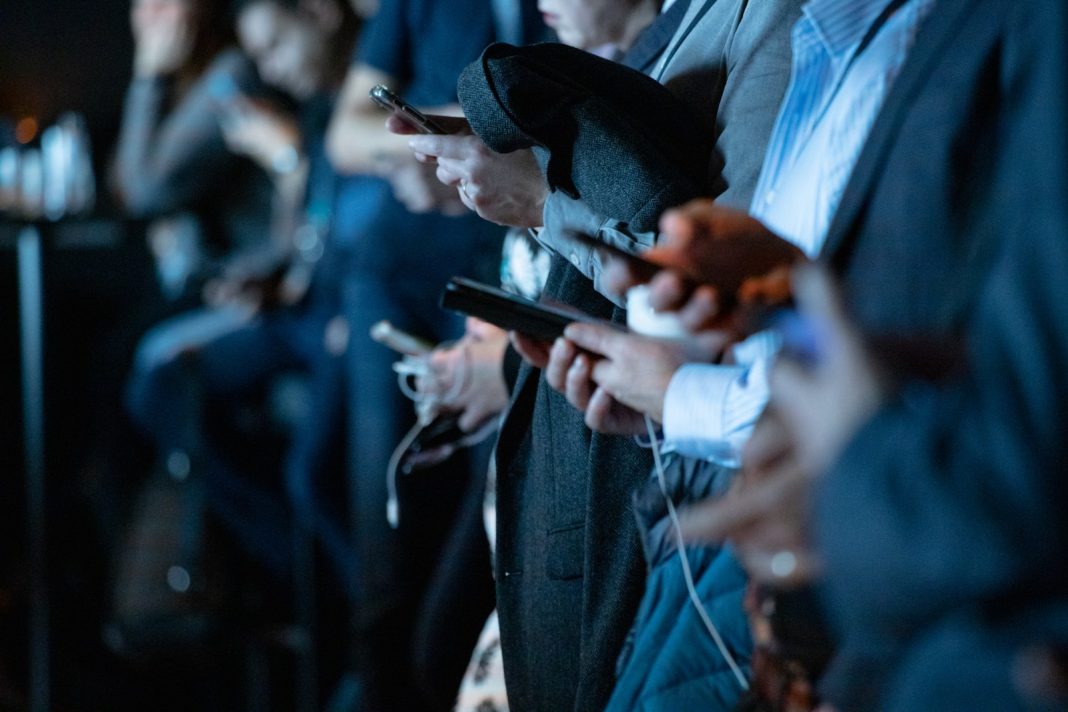In a tumultuous 8-day period, France experienced widespread unrest following the tragic death of 17-year-old Nahel Merzouk, of North African descent, who was shot dead by an officer during a traffic stop on June 27. The disturbing scenes included cars burning, shop windows smashed, and violent clashes between protesters and police. With over 3,300 individuals arrested during the unrest, the average age among them was only 17, with some as young as 12.
As the situation escalated, President Emmanuel Macron pointed fingers at social media platforms like Snapchat and TikTok, along with video games, accusing them of inciting violence among the youth. In response, Macron threatened to cut off these platforms. However, his stance has drawn criticism from politicians across the political spectrum, who argue that such measures align him with authoritarian leaders in countries like Iran, China, and Russia, where VPN services are needed to access blocked apps. Nevertheless, EU Commissioner Thierry Breton is now supporting Macron’s call for debate, indicating that social media shutdowns may be enforced if platforms fail to swiftly delete hateful content during riots under the new Digital Service Act (DSA).
The DSA, set to come into force on August 25, aims to address online dangers, hateful content, consumer fraud, commercial surveillance, and disinformation. Advocates of the DSA assert that its primary goal is to safeguard children and democratic values, with potential fines of up to 6% of a company’s global turnover for non-compliance.
Central to the DSA are regulations focused on transparency and accountability, particularly concerning algorithms and content moderation practices used by digital services. The act also prohibits deceptive design and imposes a duty of care on larger platforms, mandating the immediate removal of hateful content upon request.
However, experts have expressed concerns about certain provisions within the DSA. For instance, the DSA empowers government and law enforcement agencies to designate trusted flaggers responsible for detecting and identifying illegal content online. Activists argue that this could lead to potential human rights abuses, particularly in EU Member States with weakened rule of law.
The recent unrest in France has rekindled debates surrounding social media shutdowns. President Macron stated that such measures are a “real debate we need to have” to prevent the organization of riots. Proposals have been made to require social media platforms to block hateful content within two hours of posting. Nevertheless, digital rights activists assert that freedom of expression must be preserved, and political messaging, even if controversial, should not be unjustly classified as hateful content.
During the period of unrest, social media platforms and messaging apps were reportedly used by rioters to coordinate their actions. The French government is urging companies behind these services to remove anonymity, but activists emphasize that such platforms remain essential for citizens’ fundamental rights, including organizing demonstrations.
Social media shutdowns have become an increasingly prevalent tactic employed by authoritarian regimes worldwide. Experts caution that these actions threaten democracy and fundamental values. Moreover, the use of internet shutdowns can negatively impact citizens’ well-being and result in significant economic costs to nations.
The EU, including France, has recognized the adverse effects of such measures and has expressed disapproval of internet disruptions through joint statements and endorsements of UN resolutions. According to human rights advocates, during turbulent times, access to information on the internet becomes a lifeline, and governments must prioritize this resource, refraining from using it as a means of manipulation or control.
As France grapples with the aftermath of the unrest and debates the implementation of the DSA, striking a balance between safeguarding democracy and curbing potential abuses of online platforms remains a pressing challenge. The nation’s response may serve as a precedent for other countries facing similar dilemmas in the age of digital communication.


